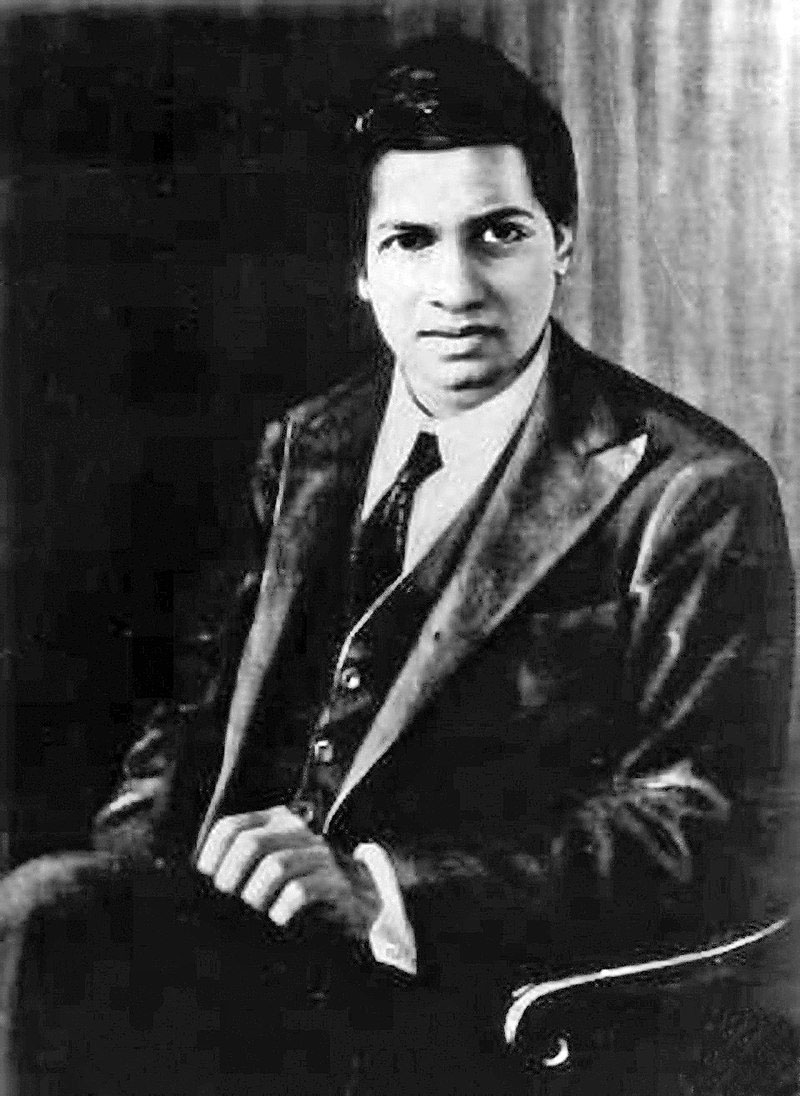Are you a Srinivasa Ramanujan? If you think you are, Boris Johnson’s government, fast-track visa in hand, would like to welcome you to a privileged life in Britain.
The “Global Talent Visa”, which will be operational from February 20, has received endorsement from the president of the Royal Society and Nobel laureate, Venkatraman “Venki” Ramakrishnan.
It will apply not only to mathematicians but also to scientists and researchers. It will be administered not by the home office, long infected with an anti-immigrant culture, but by the UK Research and Innovation Agency (UKRI) and other recognised scientific organisations.
There is no cap on the number of people who can use the new visa — the one it replaces was capped at 2,000 a year.
Boris had shown he was a liberal on immigration when he was mayor of London.
Pledging to turn the UK into a “supercharged magnet to attract scientists like iron filings”, the Prime Minister announced: “The UK has a proud history of scientific discovery, but to lead the field and face the challenges of the future we need to continue to invest in talent and cutting-edge research.”
He continued: “That is why as we leave the EU I want to send a message that the UK is open to the most talented minds in the world, and stands ready to support them to turn their ideas into reality.”
Venki said the new visa would be “attractive” to talented researchers and specialists from all over the world, and at all stages of their careers.
“It sends out a positive message that the UK is committed to remaining open to overseas science talent who would collaborate with our outstanding home-grown minds,” he said.
Venki, who had warned that British collaboration with European scientists could be damaged by Brexit, said: “What is good for science is good for everybody, and can help tackle important challenges such as climate change or disease.”
He acknowledged that Boris had listened to the arguments that he and other scientists had advanced: “The government has listened to the research community, and this is an important first step in creating the visa system that we need for attracting global scientific talent, one that is welcoming, faster and more flexible, and takes into account the long-term aspirations of scientists and their families.”
Indians, known to be good at mathematics, ought to benefit.
Julia Buckingham, president of Universities UK, and home secretary Priti Patel lauded the move.
Jim McDonald, president of the Royal Academy of Engineering, said he was “delighted” to see that the new visa system would be run by researchers rather than civil servants.
The Labour party’s shadow spokesperson for industrial strategy, Chi Onwurah, argued that the new measures “suggest a lack of understanding of innovation, which depends on scientists, researchers, engineers and technicians at all levels and not just a few ‘top talent’”.










